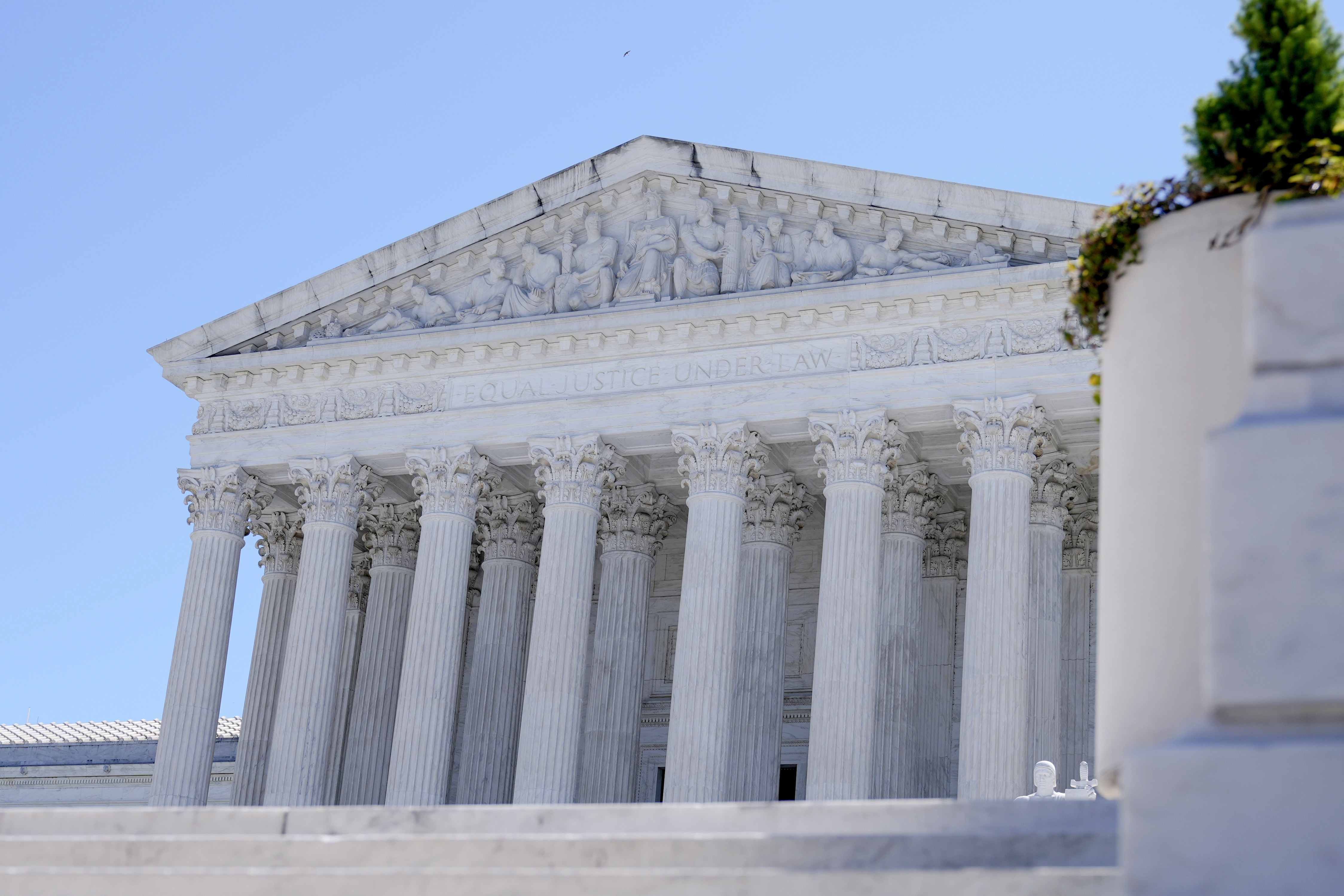As we look at Beryl, which rapidly intensified from an area of concern to a major hurricane in about a day and a half, we are reminded that the forecast for the number of storms doesn't matter. What matters is that every storm that forms can lead to much more death and destruction because of a hotter planet.
2023 was Earth's hottest year on record and 90% of global warming is stored in the ocean. This year's ocean temps continue to set records daily and were as hot as they should be in August or September by May.
There are eight ways warmer ocean makes hurricane season more dangerous
1) A much more devastating storm surge when a hurricane makes landfall because of sea-level rise directly caused by the melting polar ice caps.
Get Philly local news, weather forecasts, sports and entertainment stories to your inbox. Sign up for NBC Philadelphia newsletters.
2) Every storm that forms has the potential to be much stronger because of the warm ocean temps, fuel for ocean storms.
3) Storms are now dumping more rain because a hotter ocean leads to more evaporation which leads to more potential moisture. We have learned this twice in the last year with rain events that are not tropical, but it follows the same science.
4) While the science is still evolving, we are seeing storms now slowing down. Couple that with more rain and you get Harvey. Couple that with more wind and you get Dorian.
U.S. & World
Stories that affect your life across the U.S. and around the world.
5) Storms are now happening in places 'where' they have never happened before -- just look back to Southern California in 2023.
6) Storms are now happening 'when' they shouldn't happen with more frequency outside of hurricane season.
7) We are absolutely seeing more storms and there may be several reasons for this, but climate change is absolutely one of them. While a warm ocean doesn't 'create' hurricanes, it can keep disturbances alive long enough to survive and get a name, which increases the total each season.
8) The scariest consequence of a warmer ocean is rapid intensification. We saw it last year with Otis, Idalia, Lee and Hilary and we've now seen it with Beryl already this year.



